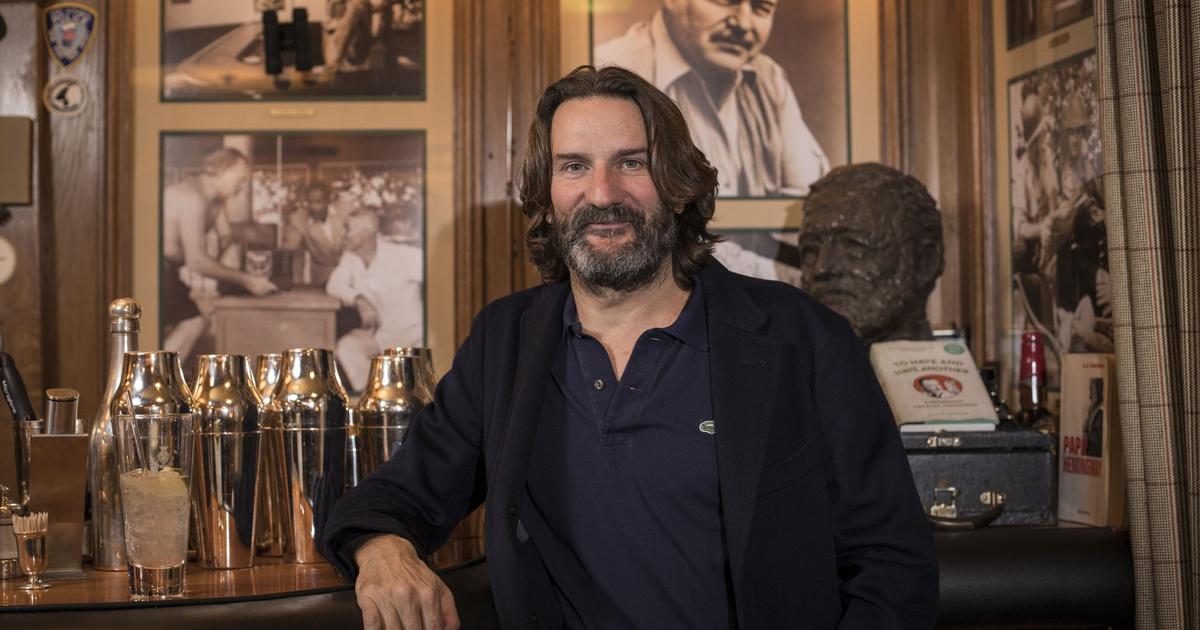Abdelaziz Báraka Sakin's relationship with his readers would make for a novel.
When he began to publish and could still live in his native Sudan, the writer, who publishes in Spanish
El
mesías
de Darfur
(Armaenia), one of his most important works, remembers traveling the country, including its most remote areas, loaded with copies of his books as a traveling bookstore.
And from 2012, when he had to go into exile to Egypt and then to Austria, his works continued to circulate secretly in Sudan in the digital sphere, and clandestinely on paper, in low-quality editions printed by local ghost publishers.
More information
A new escalation of violence shakes Darfur
Born 58 years ago in Kasala, in the east of the country, Sakin did not begin to emerge as a writer until the first decade of this century, but he soon emerged as what his translator Adil Babikir called "the voice of the margins."
His books, in which he deals with subjects such as the harsh conditions of seasonal workers in eastern Sudan, the disasters in land and gold mining and the conflicts in the peripheral areas of the country, give a good account of this.
I go against all the parties that fight, because I am only for the little human being
It is not surprising, then, that the Islamist regime of dictator Omar Al Bashir, deposed in 2019, fixed its eyes on him and launched a kind of crusade starting in 2005, first banning and seizing some of his books, then arresting him several times. and burning even some of his copies and finally forcing him into exile.
"They began to attack me for going against their Arab-Islamic civilizing project," recalls Sakin now, who admits that "it did not really fall within the horizon of that project."
"They attacked me on the pretext that it included social criticism, attacks against the Government and a high sexual content," adds the writer, who despite this considers that his success is due to the fact that he speaks "the language of the people" and addresses "issues dealing with the essential ”.
A group of Sudanese arrive in Sortoni in northern Darfur after fleeing the fighting in Yebel Marra in 2016.
An example of this is
The Messiah of Darfur,
in which Sakin delves into the depths of the brutal conflict that has plagued the battered Sudanese region since the beginning of the century with a moving story of war and adventures, faith and revenge, combining poetic elements and humorous, macabre and mystical.
In its pages, translated into Spanish for the first time, the writer portrays a diverse Darfur.
It presents a hard, heartbreaking, endless conflict, but with often Kafkaesque touches.
The Messiah of Darfur
is the story of a Janjawid leader - a feared Arab paramilitary group responsible for genocide - and a young woman who understands that no one is going to protect her or deliver justice and decides to take revenge with her own hands.
But it is also the story of the recruit who is forcibly sent to war, that of the soldier who fights for 30 years without even knowing who he was killing, and that of the combatant who turns his ancestors' past of slavery into strength and self-love. in that land.
It's like the Darfur war is not over
Sakin knows what he writes well. During the war in Darfur, she was working with Unicef and Save the Children advising combatants on the laws of war, the protection of children and the fight against violence against women. "This gave me the possibility to observe and live everything that was happening," he slides. He was also able to fire darts against everyone: above all, against the Janjauids and the Government, but also against the rebel groups, which "fundamentally had an ethical problem," and against the UN peacekeeping mission and the African Union (Unamid) . "My attitude goes against all the parties that fight, because I am only in favor of the small and ordinary human being," he says.
Sana Ibrahim Abdel Rehman, 9, helps her sister Amina, 24, unload jerry cans at their home in the Abu Shouk IDP camp in North Darfur, Sudan, in a photo taken last month by UNICEF. .Noorani / UNICEF
The translation of the book, by Salvador Peña, winner of the National Award for Best Translation in 2017, comes when Darfur finds itself at a new crossroads. Since the summer of 2019, Sudan is immersed in a fragile transition towards democracy, which has in the future of this region one of its great challenges and threats. Last August, Khartoum and some rebel groups active in Darfur signed vague peace agreements that have so far only altered the dynamics of the conflict. In December, Unamid concluded its mission, despite the fact that violence is soaring. "It is as if the war in Darfur is not over," says Sakin. "What is happening in Sudan today is a very difficult birth of a regime that may become democratic," considers the writer.
A good barometer of this will be the fate of Sakin himself, still in exile. “The current government is like a time bomb that can explode at any moment, and that means that there is no guarantee of how Sudan will evolve. But, on the other hand, we continue to maintain hope, because it is natural. I will return to Sudan, but not soon.

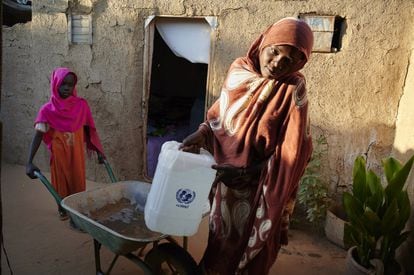

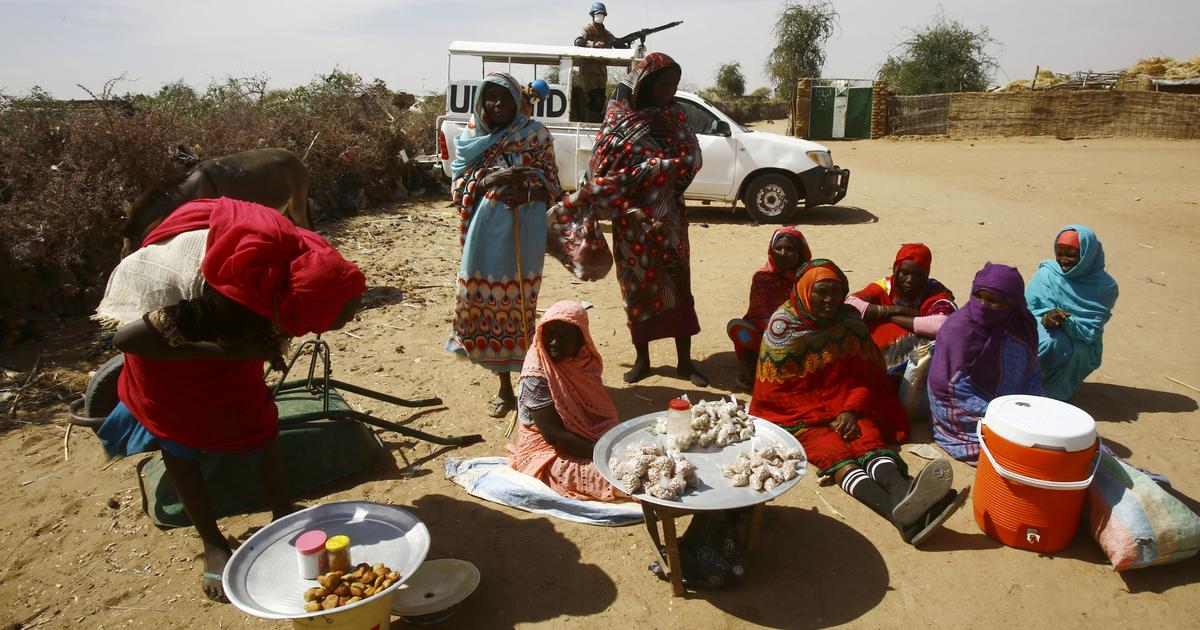
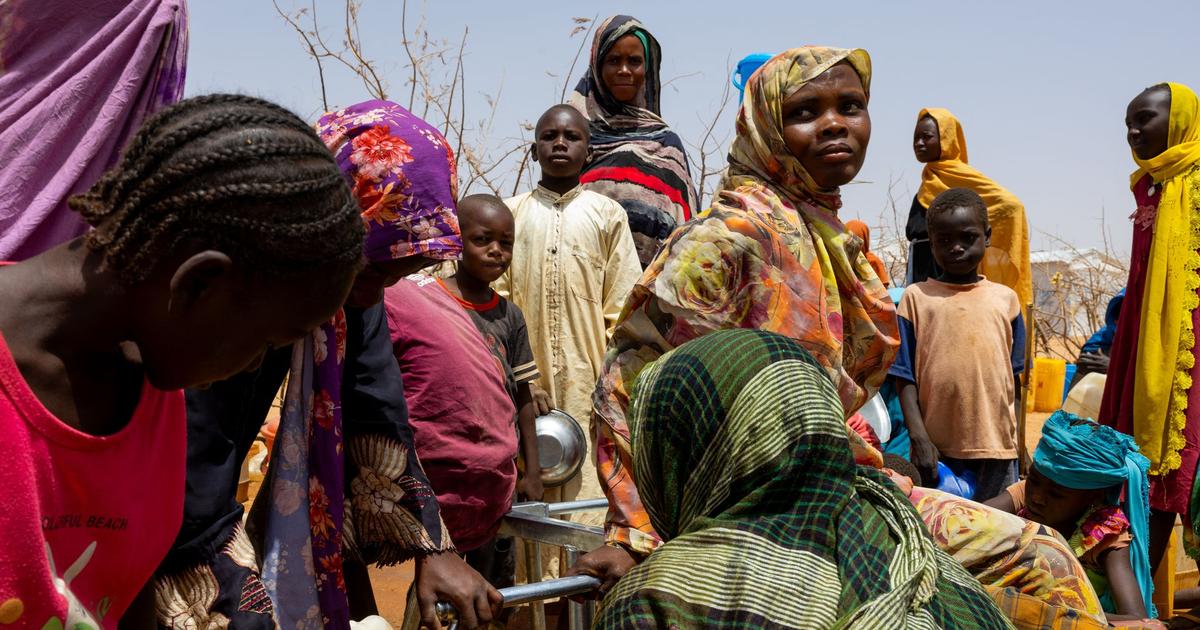
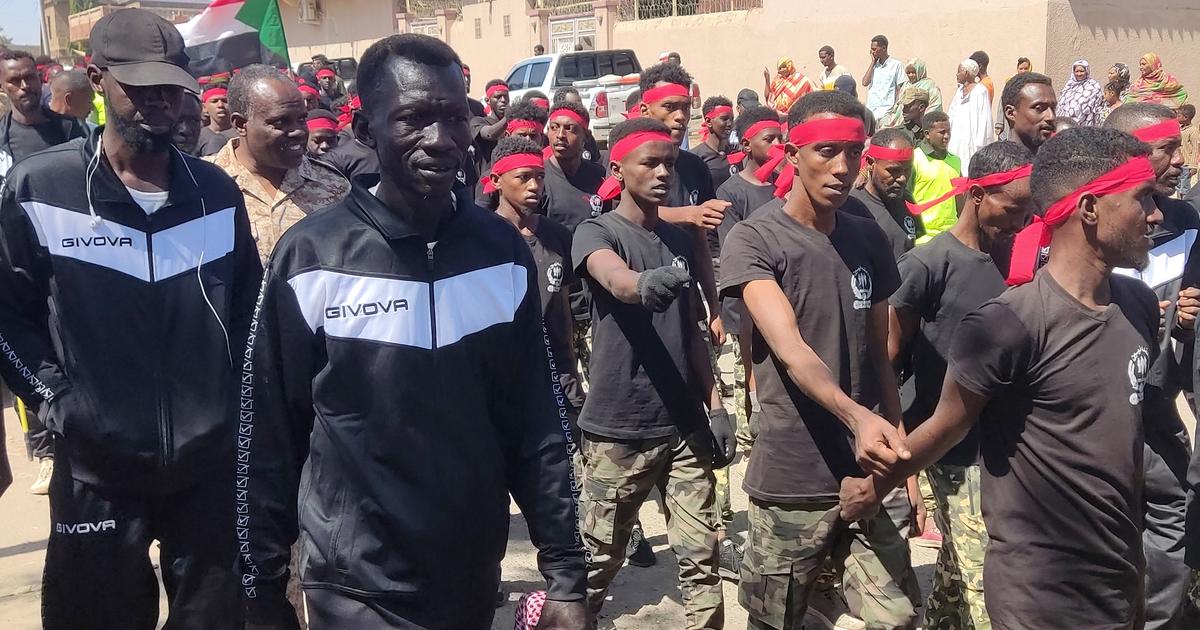

/cloudfront-eu-central-1.images.arcpublishing.com/prisa/ZQJTEK5BRJDBNBQDN4FYUJ4SSM.jpg)
/cloudfront-eu-central-1.images.arcpublishing.com/prisa/W5SWAXU4BZK6NMFFCQQSDIBA4M.jpg)
